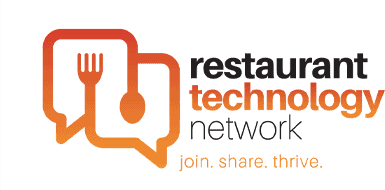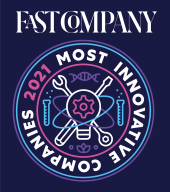Now, more than ever, effective marketing is a must-have in the hospitality business, whether you’re in the dining or hotel industry. We’ve talked here about general marketing strategies, but only briefly touched on one of the most important tools in the marketing toolbox: Social Media.
The wonderful thing about social media is that it’s a relatively easy and inexpensive way to get your brand out there in a fun, engaging way.
What’s more, it makes your audience feel like they’re connected with you in a personal way. It’s timely. It’s interactive. They can talk to you and get a real response from a real person. If they’re staying or dining with you, they can share their experience with others through pictures and reviews, and that brings in even more business.
Whether it’s Facebook, Twitter, Instagram, Yelp (or, ideally, all those and more), the simple fact of the matter is that you’ve gotta be out there. Here are some pointers on how to effectively navigate the social media waters.
Don’t hold back
Business as usual is out the window. Normal Google searches aren’t going to cut it if people are ready to travel, and need to know your status.
For example: Are you open? What are your rates? What precautions are you taking against the spread of COVID? What’s your cancellation policy, should a COVID flare-up cause a change in plans?
The magic of social media is that you can keep your patrons updated down to the second as to what you’re offering and how they can best take advantage of it.
And it bears repeating: you should definitely be informative about the safety measures you’re taking to prevent the spread of the disease, so your patrons can feel assured that staying with you is safe.
For example, when it comes to dining facilities, technology solutions like OneDine’s can help you serve customers in a contactless, efficient, and safe manner.
At reception, allowing self-check in through mobile devices or sanitized touchscreens will reduce contact as much as possible and give your guests greater peace of mind.
Make sure you’re highlighting these and any other COVID-related cleanliness steps you’re taking thoroughly and often, on each platform you’re communicating through.
Encourage guests to share
As mentioned above, social posts shared by your guests can be one of the most effective ways of bringing other guests through your front doors. The best way to let people know what it’s like to stay at your hotel is through the eyes of past visitors. Encourage your guests to share pictures of their stay, give them hashtags to use, or offer drink or rate specials to randomly selected sharers.
While your website and other marketing materials may tell us that you’ve got a full gym or Olympic-size pool, it’s much more impactful to actually see others enjoying those facilities. When people see their friends enjoying themselves, they want to get in on the fun.
Think about what you say or show
Be aware of the pictures you’re posting and of the things you’re saying on your social media accounts.
Pictures of large groups of people dining or drinking in close proximity, or copy about getting together with friends and family for a big celebration, even if they were posted prior to COVID-19, can come across as, at best, out of touch. At worst, you can appear to be actually promoting unsafe behaviors.
In general, when people look at your social media, they’re not going to want to be reminded of how things used to be. They’re going to be looking for an uplifting picture of what things can be now. They’re also going to want to know that you and your guests are being safe and responsible, so they can know that they’ll also be safe at your venue.
Keep it active
But just being on social media is not enough by itself.
You need to remain active—and interactive. Show appreciation for shares and positive comments, and just as importantly, make sure to address any negative comments by requesting the customer’s contact information and then taking the conversation offline to get the full details, and outline how you’ll prevent such situations in the future.
After all, 71 percent of customers say they’re more likely to recommend a business that gave them a positive service experience via social media.
Of course, online reviews can be a double-edged sword, but you can’t hide from them just because someone might say something bad. Sites like Yelp, TripAdvisor, and others are becoming more influential every day, and if you encourage your customers to leave an online review, their opinions can bring even more customers (leaving more reviews). It’s the ultimate word-of-mouth advertising, and it can make a real difference in your business.
Customer engagement and responsiveness are perhaps the two most important things to remember when it comes to marketing in this age of social media and information overload.
The world may be upside down at the moment, but your doors will open again soon enough. Remember these tips, and you’ll be much more likely to have people waiting in line when they do.





